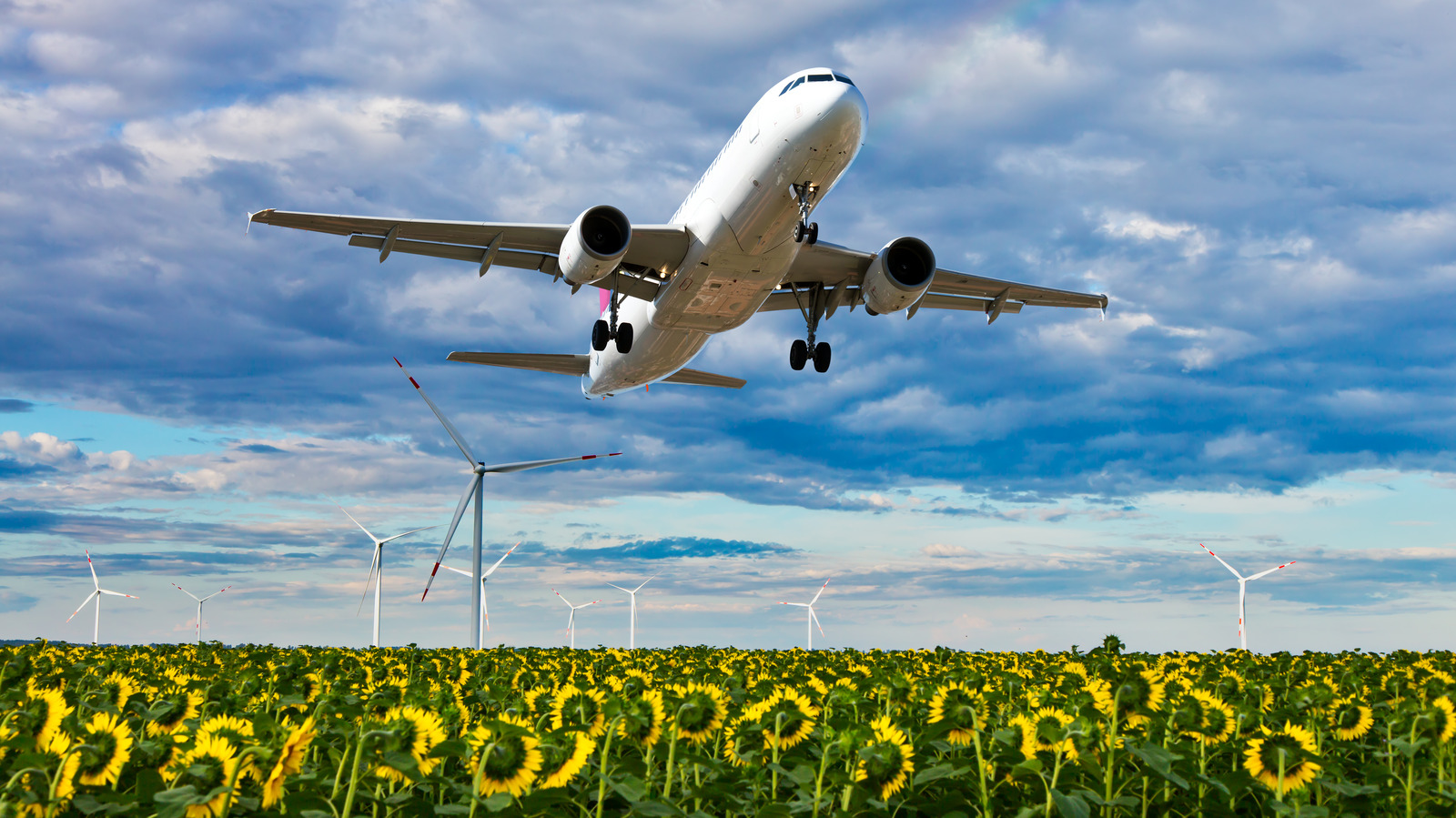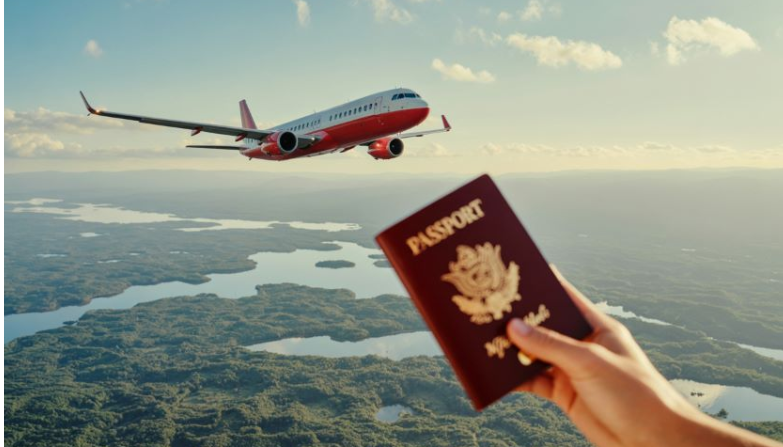Travel is no longer just about where you go. It is about how you get there and what impact your journey leaves behind. As climate change continues to disrupt the planet, the tourism industry is being forced to reimagine its role in a more sustainable future. One of the newest and most debated ideas in this space is the concept of carbon passports.

The term carbon passport refers to a system that tracks an individual traveller’s carbon footprint and places a limit on how much they can emit over a set period. It is being considered as a way to push people towards more eco friendly travel choices. The idea is simple but bold. Everyone would be given a carbon allowance and once that is exhausted, further travel may require penalties or offsetting actions.
The idea is still in early stages globally, but it is already triggering strong reactions. Supporters believe it could play a big role in climate accountability. Critics argue it could restrict freedom, be unfair to lower income groups, and damage tourism dependent economies.
Ritu Makhija, who leads sustainability efforts at TOFTigers, sees carbon passports as necessary given the rising urgency of the climate crisis. She believes it could begin with awareness and voluntary programs, gradually moving into structured carbon allowances for frequent flyers or corporate travellers. However, she also stresses that any rollout should be backed by strong policies, fair systems, and reliable technology to avoid privacy concerns or inequality.

On the other hand, Ram Pratap Singh from the Indian School of Nature feels the concept is impractical and overly academic. He believes the focus should instead be on measuring and reducing emissions at the level of travel businesses and destinations. His organisation helps hotels and tour operators audit their own carbon impact and take steps to reduce it.
Cyclist and travel blogger Vijay Ramesh Malhotra is critical of carbon passports too. He feels they risk turning travel into a controlled experience that could stifle creativity, curiosity, and connection. While he recognises the need for environmental awareness, he prefers incentive based systems that reward low emission travel rather than restrict movement.
Despite differences in opinion, all three voices agree that the tourism industry must change. From choosing hotels that use renewable energy to planning fewer but longer trips, the way we travel must evolve. Malhotra suggests that websites can promote low carbon options more visibly. Singh urges travellers to ask hard questions of tour operators and airlines. Makhija calls for a shift in mindset, where travellers no longer see payment as a license to waste.

Carbon passports may or may not become a reality, but the conversation around them has already sparked a deeper awareness. As temperatures rise and natural disasters become more frequent, the pressure on tourism to clean up its act will only increase. The question is not whether travel will change, but how.
It is also important to consider the people at the heart of travel. For destinations that rely on tourism, any system that reduces visitor numbers must also include support for alternative livelihoods. Whether through community led tourism, local conservation projects, or green job initiatives, the focus must remain on fairness and long term impact.
In the end, sustainable travel is not about limiting joy. It is about ensuring that joy is shared, not just experienced. It is about remembering that the places we visit are someone’s home, and the choices we make as travellers ripple out far beyond us.
The future of travel may come with new rules, but it also holds the promise of better choices. A future where travel means connection, not just consumption. And where the journey is not only about discovery, but responsibility.
For more updates on how the world of travel is changing and how to explore responsibly, follow Travel Moves on Instagram and Facebook.









